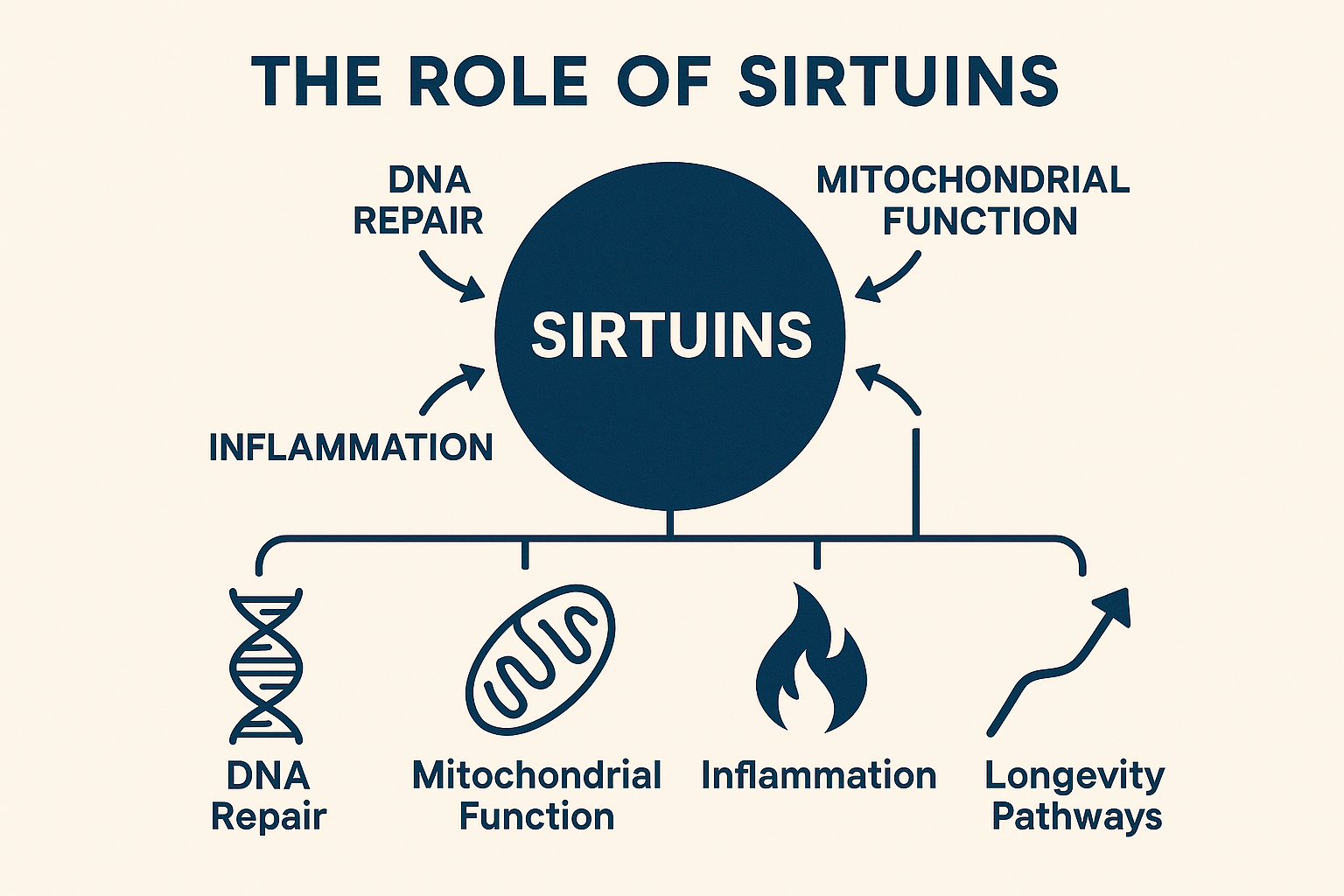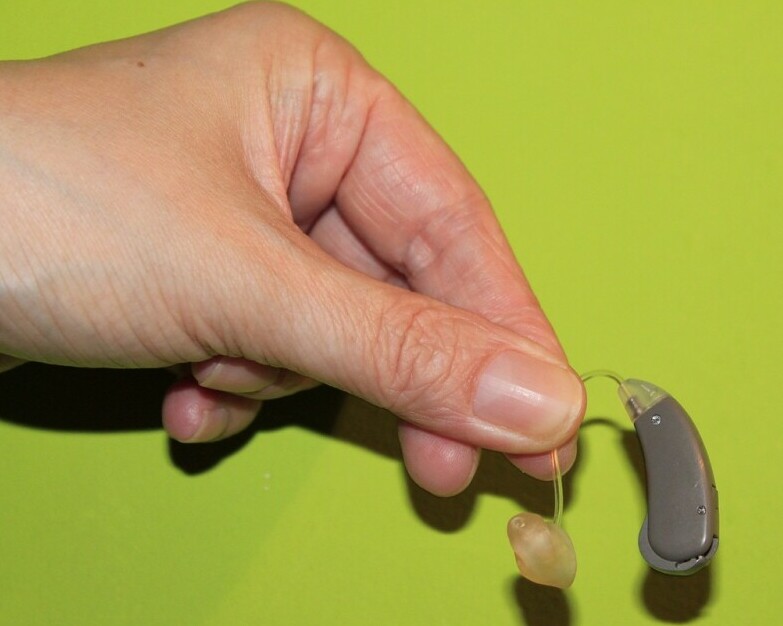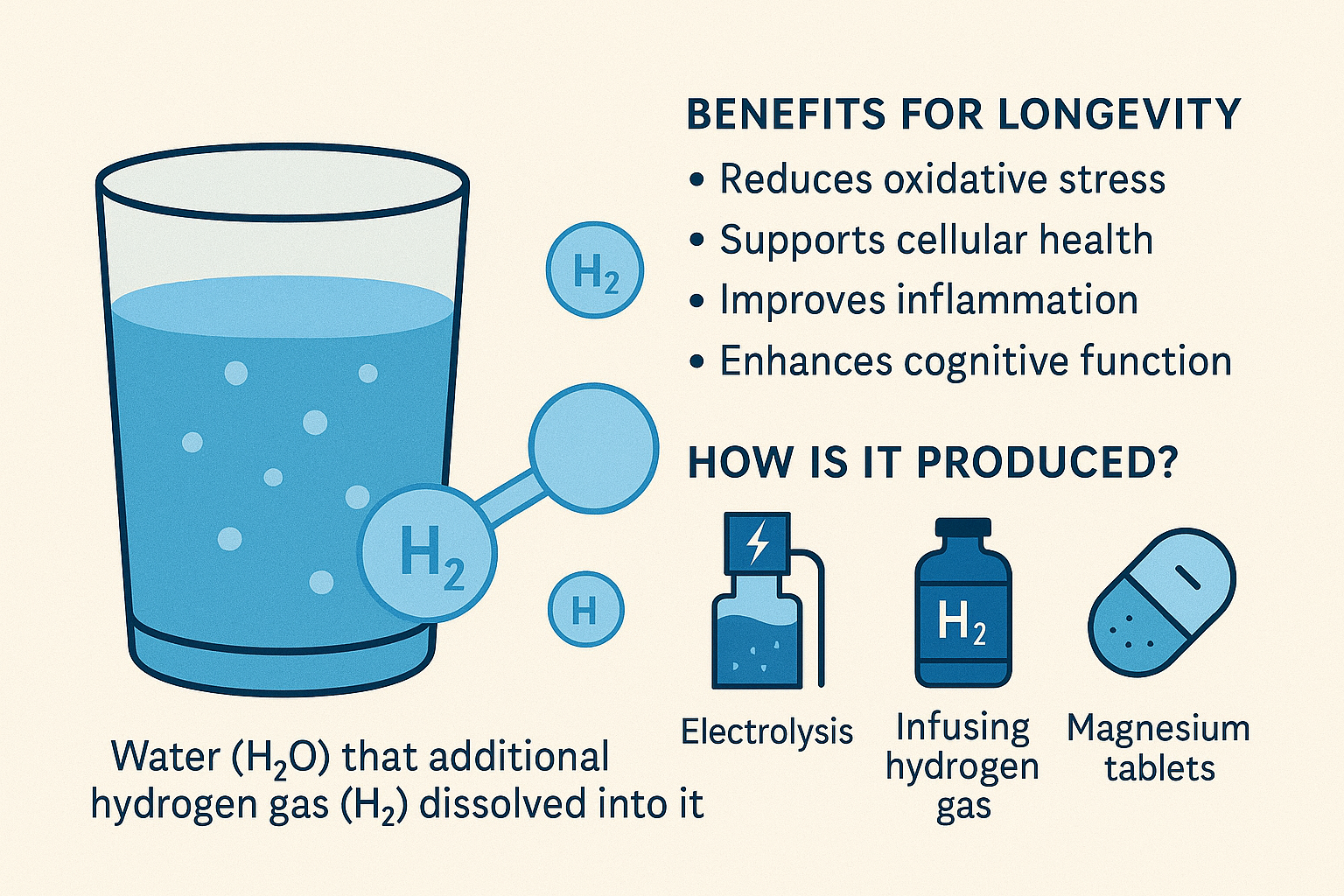In every person’s life, habits form the backbone of daily routines, but often, they also act as barriers to personal growth and achievement. The key to unleashing breakthroughs in life often lies in breaking these old, limiting habits and replacing them with empowering ones. This article delves into identifying and analyzing these ingrained habits, techniques to break them, and a guide to replacing them with habits that empower and lead to significant breakthroughs.
Identifying Limiting Habits
The process of identifying limiting habits is akin to embarking on a journey of self-discovery. It begins with a conscious effort to observe one’s daily routines and behaviors with a critical eye. This introspection involves questioning the productivity and positivity of one’s actions. For many, limiting habits manifest in various forms, such as procrastination, excessive criticism, or indulgence in unhealthy lifestyle choices. These habits often go unnoticed as they become ingrained in the fabric of everyday life. To unearth these subtle yet impactful patterns, one must pay close attention to recurring activities that lead to negative outcomes or feelings of regret and dissatisfaction. Reflection on moments when goals were missed or when one felt unfulfilled can provide clues to underlying detrimental habits. Additionally, feedback from peers or loved ones can offer an outside perspective, revealing habits that might be invisible to oneself.
Once these habits are brought to light, the next step is to analyze their root causes and triggers. This analysis is crucial in understanding why these habits have formed and what needs they are fulfilling, albeit in a counterproductive way. For instance, a habit of procrastination might be rooted in fear of failure or perfectionism. Similarly, a habit of overeating might stem from emotional distress or a lack of healthier coping mechanisms. It’s important to approach this analysis with compassion and without self-judgment, as many of these habits are formed as coping mechanisms or responses to past experiences. This phase of identification is not about assigning blame but about gaining insight into one’s behavioral patterns. With this understanding, one can begin to strategize effectively on how to replace these limiting habits with more constructive and empowering ones. The goal is to transform these habits into stepping stones for personal growth and success, rather than stumbling blocks.
Techniques for Breaking Old Habits
Breaking old habits involves understanding the triggers that lead to them. Mindfulness and being present can help one recognize the onset of these habits. Additionally, altering one’s environment can play a significant role in breaking old patterns. For instance, if late-night screen time is a habit, keeping electronic devices out of the bedroom could be a simple yet effective step.
Replacing Old Habits with Empowering Ones
Replacing old habits with empowering ones is a transformative process that involves both mental and behavioral shifts. The key to successful habit replacement lies in the deliberate creation of positive habits that directly counteract the negative ones. For instance, if procrastination is a limiting habit, one might develop a habit of immediate task engagement or use techniques like the Pomodoro Technique to foster short bursts of focused activity. This process starts small, with achievable goals, to avoid overwhelm and to build a sense of accomplishment. It’s crucial to align new habits with one’s values and goals, as this alignment provides intrinsic motivation and a sense of purpose. For example, someone valuing health might replace the habit of late-night snacking with a habit of evening walks. Creating a structured plan with clear, manageable steps is essential in this transition. Each small victory in this journey reinforces the new habit, gradually embedding it into daily life. Habit replacement is not just about stopping a behavior but about establishing a new, more positive routine that becomes an automatic response over time.
The sustainability of new habits hinges on consistency and positive reinforcement. It’s important to track progress, celebrate small wins, and be patient with oneself, as old habits can resurface during stressful times. Employing visual reminders, setting specific cues for the new habit, and maintaining a supportive environment can significantly bolster the habit replacement process. For instance, keeping a journal can provide both a reminder and a means to track progress. Engaging with communities or groups with similar goals can also provide motivation and accountability. In cases where old habits are deeply ingrained, it may be beneficial to seek external support from professionals like therapists or coaches. They can offer personalized strategies and insights that address the individual’s unique challenges. Ultimately, the journey of replacing old habits with empowering ones is a personal and evolving process, reflecting one’s growth and adaptability in the pursuit of a more fulfilling life.
The Role of Consistency and Discipline
Consistency is more important than intensity. Regularly practicing a new habit, even in small doses, is more effective than intense but infrequent efforts. Discipline can be cultivated through setting small, achievable goals and gradually expanding them as the new habit becomes more ingrained.
Leveraging Powerful Habit-Forming Tools
In today’s digital age, numerous apps and platforms can help in tracking and maintaining new habits. For those who prefer traditional methods, journals or planners can be equally effective. These tools provide a tangible way to monitor progress and stay on track.
The Impact of New Habits on Achieving Breakthroughs
The transformation from old to new habits can have a profound impact on personal and professional life. New habits lead to personal growth, enhance productivity, and often open doors to opportunities that were previously hindered by old patterns. The long-term benefits of these changes can be monumental, paving the way for breakthroughs in various aspects of life.
Conclusion
Embarking on a journey to break old habits and form new ones is challenging but immensely rewarding. It requires self-awareness, dedication, and the willingness to step out of one’s comfort zone. By consistently applying the techniques and tools discussed, anyone can transform their habits and, consequently, their life. Remember, the first step in this transformative journey begins with a simple decision to change.


















